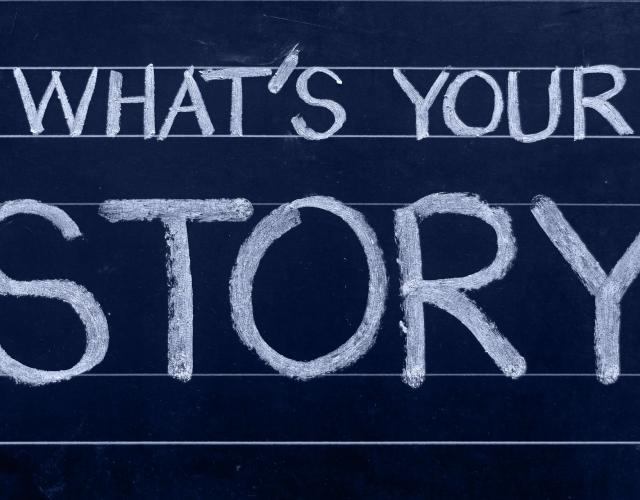Tips for Caregivers: Aphasia & Depression
Depression is a subject that comes up often during speech therapy, especially aphasia therapy.
There is an undeniable connection between aphasia---the speech and language problems after brain injury or stroke--- and risk of depression. Think about it: One day you are going about business as usual---and then “it” happened. Everything has changed. But how does a person with aphasia (PWA) express deeper feelings such as loss, sadness, or loneliness? And how can you, the caregiver, support them?
- Acknowledge their feelings
- Be present, even if it is silent
- Offer activities
- Join a support group
- Seek professional help
Acknowledge their feelings
Aphasia can also result in “secondary losses:” a job, relationships, independence, etc. It is a lot for the PWA and the caregiver to cope with. Use supportive communication methods---pictures, gestures, writing---to let him/her know you see their sadness and are here to help as they find their ‘new normal.” If necessary, work with a speech pathologist to come up with a personalized nonverbal method to communicate feelings.
Be present, even if it is silent
There are ways to spend time together without talking. Listen to music, spend time outdoors, work a puzzle, do a chore together, or simply just sit together. Your presence speaks volumes and is understood.
Offer activities
Especially physical ones. Research supports exercise as a means to improve mood. It may take time for your loved one with aphasia to want to participate, but offer anyway. Plan ahead for any modifications for vision or physical limitations. He/she possibly can do the things they love...just in a different way. Alternatively, offer an activity completely different than usual. This offers a sense of adventure, and the idea that new and different doesn't mean “bad.” For example, some PWAs who did not consider themselves artistic before their stroke have found great joy in painting and other art activities since.
Join a support group
You are not alone. Whether a local meetup or a Facebook group, like Aphasia Recovery Connection, there are many others dealing with similar struggles. It’s OK to ask for help. PWAs and their caregivers are encouraged to seek out others in similar situations. And one day, even consider being a “mentor” to someone else. Being able to help others is widely known to arouse a sense of purpose and joy.
Seek professional help
Don’t be afraid to seek out a mental health professional. Ask if they have experience working with clients with neurological impairment and aphasia. If not, they may be willing to be trained by a speech pathologist in supportive communication techniques.
Respond Speech Therapy
Comment Policy
We welcome relevant, respectful comments.
Please review our Comment Policy before commenting.
Terms and Conditions | Privacy Policy | Accessibility Statement
LSVT LOUD® is a trademark of LSVT Global, Inc., registered in the U.S. and other countries.
All Rights Reserved | Respond Speech Therapy | sitemap


